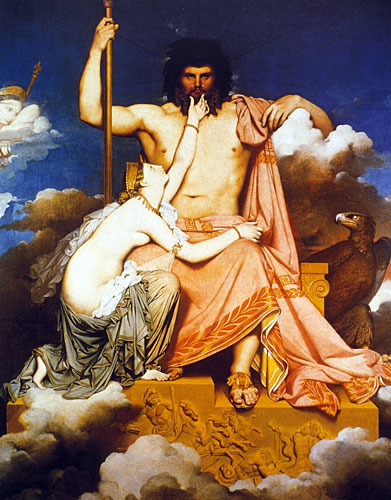
This seminar takes Jean-Auguste-Dominique Ingres (1780-1867) as a core figure for studying and rethinking the significance of nineteenth-century art, while comparing him with other major painters such as Courbet and Degas. His work provides particularly important insights into the nature of artistic practice in the nineteenth century and modern ways of writing art history and interpreting works of art. His career extended over a long period and coincided with several key developments in art of the period, including classicism, romanticism, realism, and naturalism. More perhaps than any other nineteenth-century artist, his work has been subjected to very diverse and sometimes contradictory interpretations. His contemporaries often found his work deeply provocative and contentious, while at the same time he became a differently contentious figure when seen, in his maturity, as a bastion of the French artistic establishment. His work provides a springboard for consideration of a range of important issues, which include: the status of artist; the invention of new subject matter and new ways of configuring pictorial composition; an opposition between expressive brushwork and a seemingly impersonal approach to visual representation; and the emergence of modern attitudes toward repetition and serial iteration. We will investigate how these issues shaped the formation of a distinctively modern artistic practice in the work not just of Ingres but of Courbet and Degas. Modes of assessment include an oral report and two papers. Recommended texts include Robert Rosenblum, Ingres; Susan Siegfried and Adrian Rifkin, Fingering Ingres; Linda Nochlin, Courbet; and coursepack. Estimated cost of materials: $100 or more, but less than $150. IV. 4